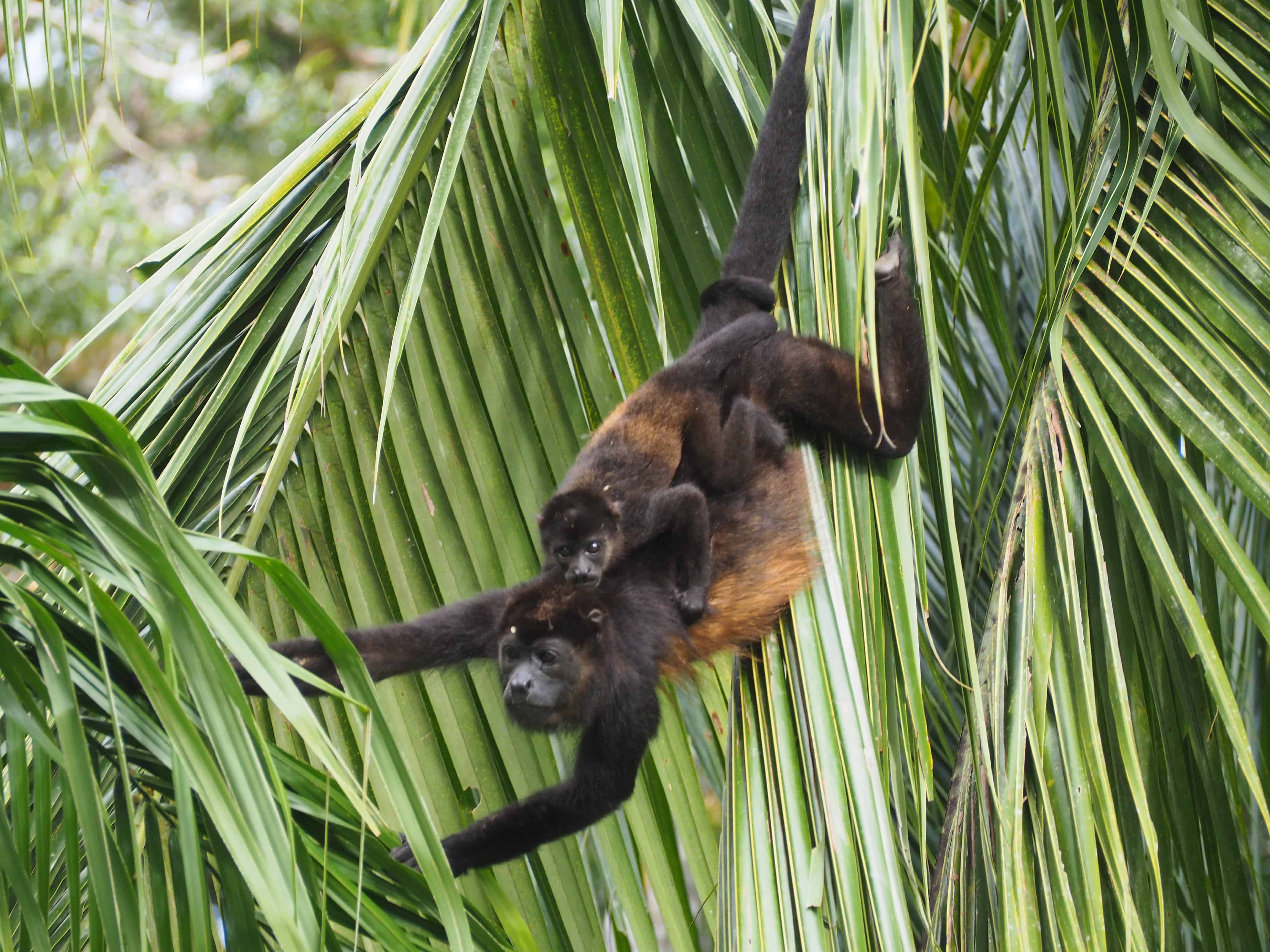In a significant move towards environmental conservation, a recent decree issued last January requires the nation’s electric companies to conduct comprehensive technical and environmental assessments prior to the installation of new power lines. This measure aims to evaluate the potential impact on wildlife and mitigate the occurrence of electrocutions.
The implementation of these assessments will play a crucial role in safeguarding both connectivity and biodiversity. By scrutinizing factors such as subway line usage, layout alterations, and the complete isolation of distribution networks, the results will enable proactive measures to prevent the fragmentation of ecosystems caused by the power grid.
Marking the occasion of World Wildlife Day, the International Institute for Wildlife Conservation and Management of the National University (ICOMVIS-UNA) celebrates the enforcement of this pivotal decree.
Joel Sáenz, the institute’s director, underscored the urgency of this initiative, citing research findings that highlight the detrimental impact of electrocutions on various species including reptiles, birds, and mammals.
“This decree signifies a significant step forward as it addresses the distressing reality of hundreds of animals perishing annually or suffering severe injuries due to electrocution,” remarked Saenz.
Given the situation, the UNA team urges citizens to actively participate in animal protection efforts from their own homes. Simple actions such as maintaining a safe distance between branches and power lines, promptly reporting incidents of electrocution to the designated hotline (1192) with precise location details, and advocating for the insulation of cables with electricity providers can collectively contribute to preserving wildlife.
Despite the National System of Conservation Areas (Sinac) recording 117 cases of wild animals electrocuted in 2022, it is believed that the actual figure surpasses this count. This underscores the critical importance of the decree in mitigating further harm to wildlife populations.
This initiative is also expected to raise public awareness of the need to protect wildlife and to avoid electrocution as much as possible.






